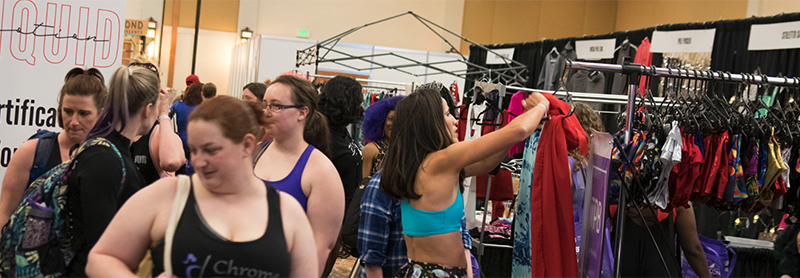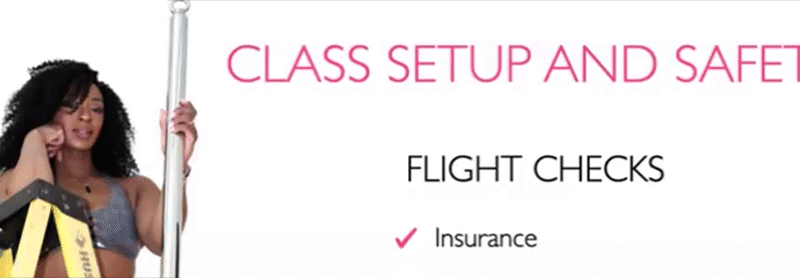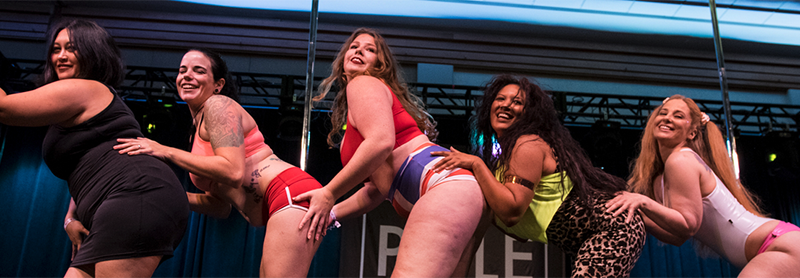A train-cation is a trip (usually away from home) where you focus for a specific…

Do you need a code of conduct for your pole-based business?
Pole businesses straddle lots of different environments and situations, inviting lots of different people from different backgrounds to participate in different ways.
Having a code of conduct can help clarify roles and expectations of all those involved.
What is a code of conduct?
A code of conduct simply is a defined set of expectations for how someone will act in and interact with your business.
This can be applied to employees or contractors working within your business.
It may also apply to people attending your event.
And in the cases of performers or competitors, may also reflect concepts like “sportsmanlike” conduct or appropriate dress in public spaces (outside of dressing rooms).
In some cases, this may even reflect laws applicable to your jurisdiction and define what can or cannot happen in your club such as the level of acceptable touch during a private dance or the ability have a private dance.
Why would you need a code of conduct?
Codes of conduct clarify expectations.
People come to pole and pole spaces with different understandings of behaviors and different cultural expectations.
Being clear about what works in your space (physical, virtual, or temporary like an event) is a great way to make sure everyone is on the same page and to mitigate potential issues from happening.
What should be in the code of conduct?
The code of conduct should be as long or as short as is relevant for your situation.
For some it may be very general and reference things like “employees must consider the organization mission and vision in their actions.”
In others, it might be very specific like “make sure your pole performance or competition outfit is covered when outside of dressing rooms or stage spaces.”
IPIA members can view a sample Code of Conduct that can be used as a template when creating their own.
Share the code of conduct and enforce it.
Whatever you choose to include in your code of conduct, make sure it is shared with all those that need to abide by it.
This might be in a policies section of your website, in a booklet for your event, or in your studio documentation when signing up for classes.
You may consider it being part of an employee handbook and having an official sign off process stating that people have reviewed and agreed to abide by the contents of the code.
Be clear about the levels of enforcement such as what happens when someone does not follow the code of conduct, and be prepared to enforce it.
Codes of conduct can help clarify expectations. If you choose to have one in your pole dance related business, make sure to be clear, to share it, and be prepared to enforce it.



